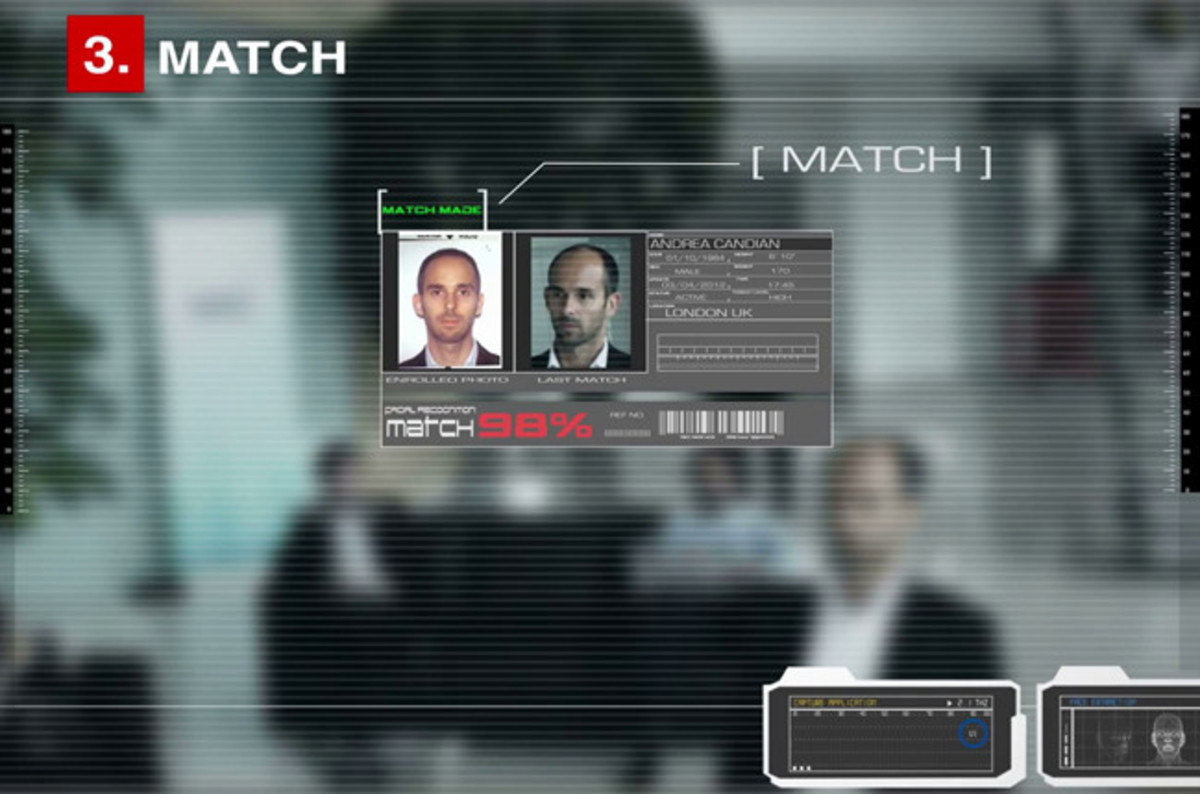HSBC: How Will We Verify Business Banking Customers? Selfies!

UK bank HSBC will allow business customers to open new bank accounts using selfies as part of plans to simplify its application process.
The bank will use facial recognition software to verify self-portrait photos taken by customers using their smartphones. A headshot selfie is then assessed against an ID document uploaded by the customer, such as a driver's licence or passport, using a mobile app available to both Android and Apple smartphone users. The use of a selfie will remove the need for business customers to visit branches in order to open an account.
In a statement, HSBC’s head of global propositions for commercial banking, Richard Davies, said: “Through simplifying the ID verification process, we’ll be able to save our business customers time and open accounts quicker. We also expect the convenience and speed of a ‘selfie’ to become the verification method of choice for our customers, who no longer need to visit a branch to complete the process.”
In addition to "selfie" verification, HSBC already offers a digital platform that allows business customers to complete lending applications online. The LinkScreen service was launched for UK commercial banking customers in late 2015, cutting business application and approval times in half, according to the bank.
HSBC already allows customers to access its services using fingerprint and voice recognition technology, The Independent reports.
Richard Lack, director of sales in EMEA for technology firm Gigya, welcomed HSBC’s increased use of biometrics as a shift away from traditional username and password account registration.
“Banks are now competing to identify their customers securely without the howling frustration of complex passwords and secret answers,” according to Lack.
“Critics argue wrongly that authentication using selfies is gimmicky, and somehow less secure, when in truth this is a brilliant application of well-proven facial recognition technology which has been around for decades in a way which makes it appeal to target customers, who value convenience and ease of access to their banking facilities, but refuse to compromise security,” he added.
Lack acknowledged that although almost all forms of biometric security have their weaknesses they are still preferable to passwords as an authentication mechanism.
“Currently biometric identification is seen as the higher standard for verifying identity. Not only is it not prone to forgetfulness like the password; it is also more secure. What’s more, 80 per cent of consumers believe biometric authentication is more secure than traditional usernames and passwords, which often end up on Post-It notes,” he concluded. ®
Sponsored: Journey to a cloud phone system
From Chip War To Cloud War: The Next Frontier In Global Tech Competition
The global chip war, characterized by intense competition among nations and corporations for supremacy in semiconductor ... Read more
The High Stakes Of Tech Regulation: Security Risks And Market Dynamics
The influence of tech giants in the global economy continues to grow, raising crucial questions about how to balance sec... Read more
The Tyranny Of Instagram Interiors: Why It's Time To Break Free From Algorithm-Driven Aesthetics
Instagram has become a dominant force in shaping interior design trends, offering a seemingly endless stream of inspirat... Read more
The Data Crunch In AI: Strategies For Sustainability
Exploring solutions to the imminent exhaustion of internet data for AI training.As the artificial intelligence (AI) indu... Read more
Google Abandons Four-Year Effort To Remove Cookies From Chrome Browser
After four years of dedicated effort, Google has decided to abandon its plan to remove third-party cookies from its Chro... Read more
LinkedIn Embraces AI And Gamification To Drive User Engagement And Revenue
In an effort to tackle slowing revenue growth and enhance user engagement, LinkedIn is turning to artificial intelligenc... Read more

